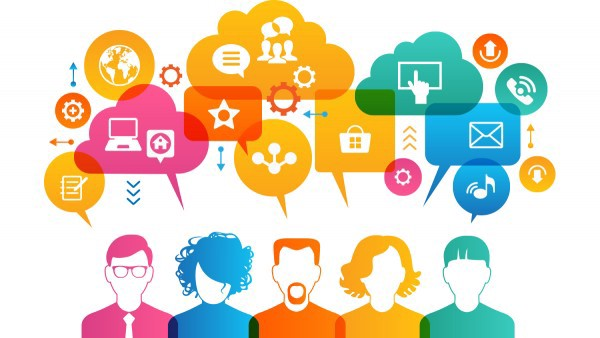It’s no secret that humans are fallible and susceptible to biases, nor it is a secret that these biases can influence algorithms to behave in discriminatory ways. However, it is hard to get a sense of how pervasiveness these biases are in the technology that we use in our everyday lives. In today’s technology-driven world, we need to critically think about the impact of artificial intelligence on society and how it intersects gender, class and race.
Speaking of race — just imagine being wrongfully arrested because of racial biases in algorithms. That’s exactly what happened to Robert Julian-Borchak Williams — an African American in Michigan who was arrested from his home in front of his wife and young children. He didn’t commit any crime but a facial recognition software used by the police suspected him for shoplifting. His experience of being wrongfully jailed epitomizes how flawed technology in the hands of law enforcement can magnify the discrimination against black communities.
Biases in facial recognition technology is now trending all over the media. Recently, a number of tech companies (including giants like Amazon, IBM, Microsoft etc.) made announcements of ceasing the design and development of facial-recognition services or products and stop selling them to state and local police departments and law-enforcement agencies. Several researchers have pointed out the limitations and inaccuracies of these technologies and voiced concerns on how it can perpetuate discrimination and racial profiling. Robert Junior’s case clearly shows that, while these decisions by technology giants can be considered as baby steps towards the right direction, these will clearly not solve the problem of racism of science that is deeply rooted in its history.
#equity #society #ethics #facial-recognition #ai
